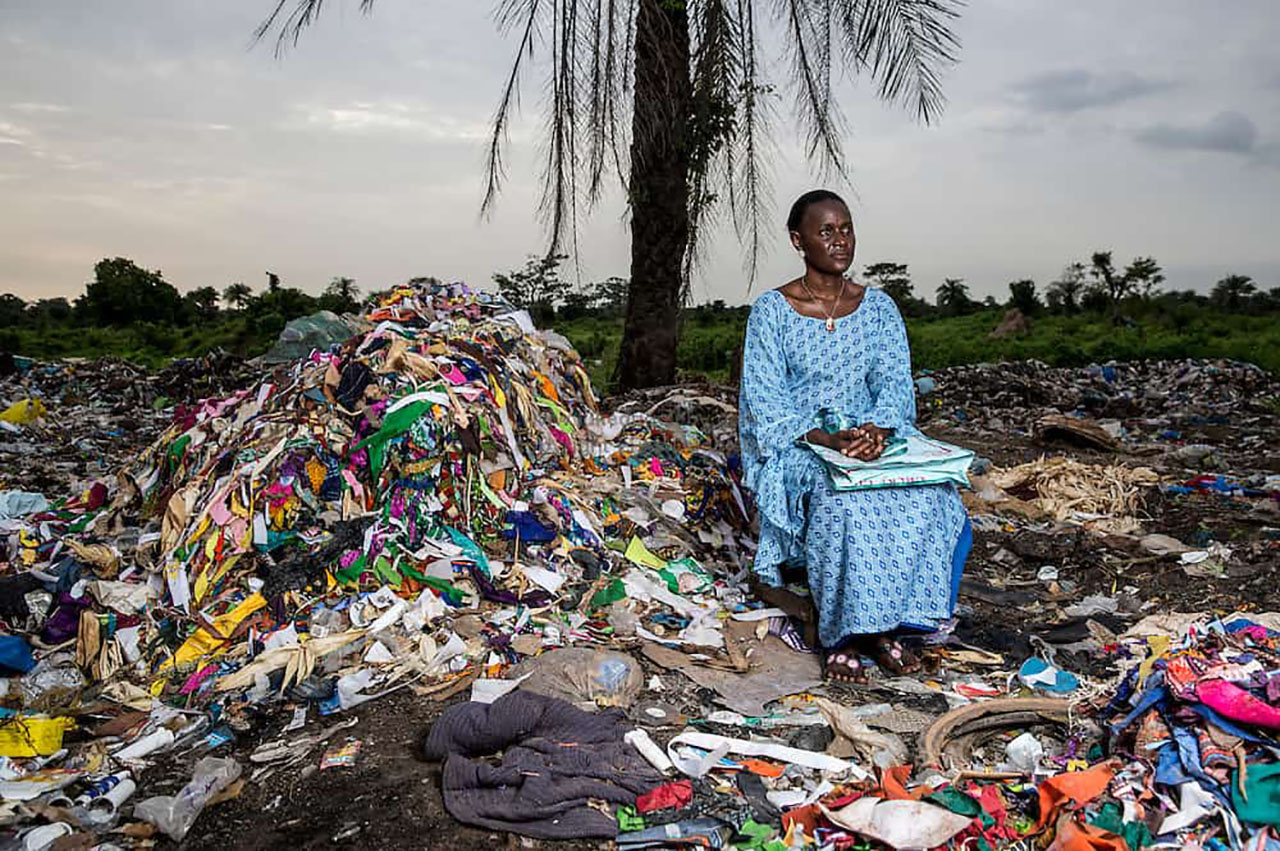
Isatou Ceesay
In 1997 Isatou Ceesay and four other women created the N´Jau Recycling Center in their home village. Its main objective was to raise awareness about the importance of doing something with the plastic waste that was piling up in the community.
Every Sunday, in the markets, during their spare time, these women began to teach other women to work with household waste that without any restrictions accumulated in the surrounding villages and fields and posed a serious danger to public health and to the environment.
Years later, her work at the Women`s Initiative The Gambia (WIG) has served as the basis for encouraging the economic empowerment of Gambian women through sustainable, income-generating initiatives focused on conservation and protection of the environment.
With the collaboration of a Peace Corps USA volunteer, Isatou learned how to treat and make some products based on recycling plastic waste, a material that accounts for up to 20% of the waste that can be found in Gambia. The women of WIG make bags, purses or rucksacks from plastic bags that they wash, cut and sew, and which they eventually sell, turning the plastic into income. A sustainable business model.
WIG has also launched a new innovative initiative for the manufacture of carbon blocks from organic waste, including coconut or peanut shells, paper or dried grass. The manufacture of these pieces helps to avoid deforestation caused by the production of traditional charcoal from firewood, at a lower cost. A product that also helps to generate income for associated women while protecting and preserving the environment.
In 2012, Isatou Ceesay received the International Alliance for the Defense of Women Award.
In 2015, her story was told in Miranda Paul's book, illustrated by Elizabeth Zunon, "One Plastic Bag: Isatou Ceesay and the Recycling Women of the Gambia."
